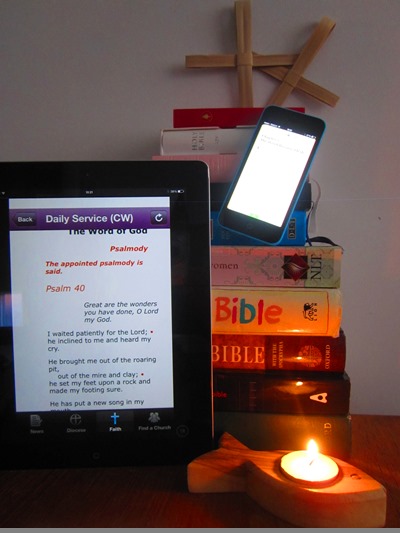
‘The Lord’s unfailing love and mercy still continue,
Fresh as the morning, as sure as the sunrise’ Lamentations 3:22-23
Travelling on a Friday to spent the weekend away in a hotel in the leafy Buckinghamshire countryside sounds just what one needs to take a break from the stress and strain of juggling study and work. Except the person in the car next to you isn’t your husband, and your suitcase, as well as containing a swimming costume for possible use in the promised spa pool, also holds your laptop, essay notes and several course text books for bedtime reading.
This is the OMC weekend away and it turns out to be just what the doctor of theology ordered!
It starts well with an interesting and absorbing conversation in the car to the extent that we ignore the Sat Nav’s informative directions and find ourselves approaching the much dreaded and legendary [avoid it with a barge pole if you don’t want to spend your evening counting daisies in the central reservation] M25 motorway. Amazingly the way is clear!
What other wonders might the weekend hold?
Well the hotel turns out to be very comfortable; the meals delicious and the work enjoyable which is great but not entirely surprising… What the weekend does reveal more is the joy and pleasure to be gained from growing in fellowship and friendship with those who are with you
True fellowship comes as you begin to discover more about other people and start to understand what makes them tick. The fact that the introverts need to get away from time to time to recharge the batteries, and that having an early night isn’t anti-social but necessary. Whereas, the extroverts build up their strength by spending time getting together with others at the end of day, maybe over a glass of wine or beer in the bar
Mealtimes are also a great opportunity to discover more about each other, as you relax and converse between mouthfuls – literally chewing over life – as you uncover connections and things you have in common or different. In the same way a long walk during free-time in the companionship of two or three others, along some of the beautiful (but slightly muddy) footpaths and country lanes result in much chat and laughter
So encourage each other and build each other up, just as you are already doing
1 Thessalonians 5:11
As relationships start to blossom you begin to know that you can trust those around you more and more, and getting together with your prayer group affirms that; as you share the concerns that are on your mind, celebrate the good things that have happened and encourage each other lovingly.
None of the above need only take place in the confines of a hotel or a weekend or a theological college course setting. Getting to know, to understand and to love others takes place everyday in our ordinary, stuck in reality, lives. Just remember…
Life is short,
and we do not have too much time
to gladden the hearts of those who travel the way with us;
So be swift to love, and make haste to be kind,
And may the Divine Mystery Who is beyond our ability to know
but Who made us, and Who loves us, and Who travels with us,
Bless us and keep us in peace.
Amen.
A benediction by Dr. Edmund Jones adapted from words by philosopher and writer Henri Frederic Amiel, 1821-1887






